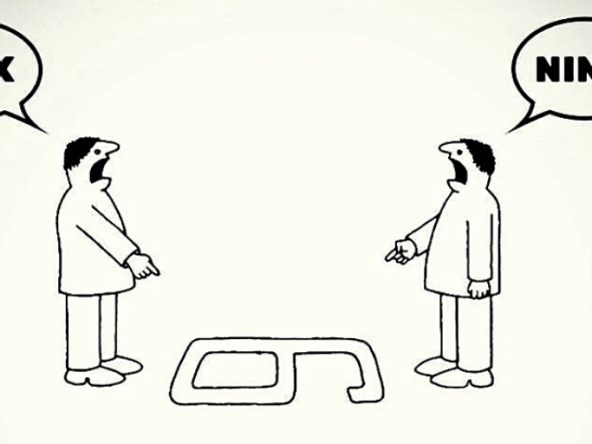Qualifying for a mortgage is a process that begins with self. Self evaluation helps to determine ones level of commitment and prepare one psychologically especially on what to expect. This culminates with an interview with a mortgage lender to determine the various options available and it is the first step in risk assessment performed by the lender to determine key fundamentals of lending including ability to pay, willingness to pay, debt capacity within the individuals given income and his age, purpose of the facility or use of the property.
Past credit history is a key factor and can impact on the decision to lend. This could relate to previous loan facilities, management of credit cards, rental obligations, local government services fees, or telephone bills among others. Any lender will be keen to understand your past and determine how it can influence the future and the impact on ability to pay.

Mortgage firms review the property that is being purchased to verify that the home is in good repair condition, the title documents are free of any encumbrances, and that the purchase price compares to the value, given the area; also that the security can maintain or improve its value. Mortgage lenders will not like to issue loans on properties whose values are not ascertained or where values do not tie in with the prices because it would lead to a substantial loss to their clients and to the bank.
The other major aspect of the loan decision lies in evaluating the buyer’s equity, or down payment.
The lender wants to make sure that the funds being used by the buyer have been achieved through savings; equity in other sold assets. Any type of borrowed funds has a negative impact on the borrower’s cash flow and hence reduces his capacity to repay.
When keeping these major areas of concern in mind, a homebuyer can get a good feel for how the lenders go about approving home loans. And with this understanding the buyer can plan more effectively for their home purchase.
Prospective borrowers must provide proof of income, adequate credit scores, and even show that they have funds for a down payment.
Keep track of your progress along they way by tracking your credit and avoid the pitfalls of overspending that could lead to a low credit score. If you have over-due bills, you should clear them up before applying for a mortgage.

It is important to look at things from the lenders’ point of view. It wouldn’t make good business sense for them toloan money to someone who is already in over their heads. If you are behind on your bills, it is for one simple reason, you are spending more money than you make.
Living within our means by getting your spending under control is the only way to improve your credit score. So know your credit score, work to raise it, and check it regularly.
Source: property point



